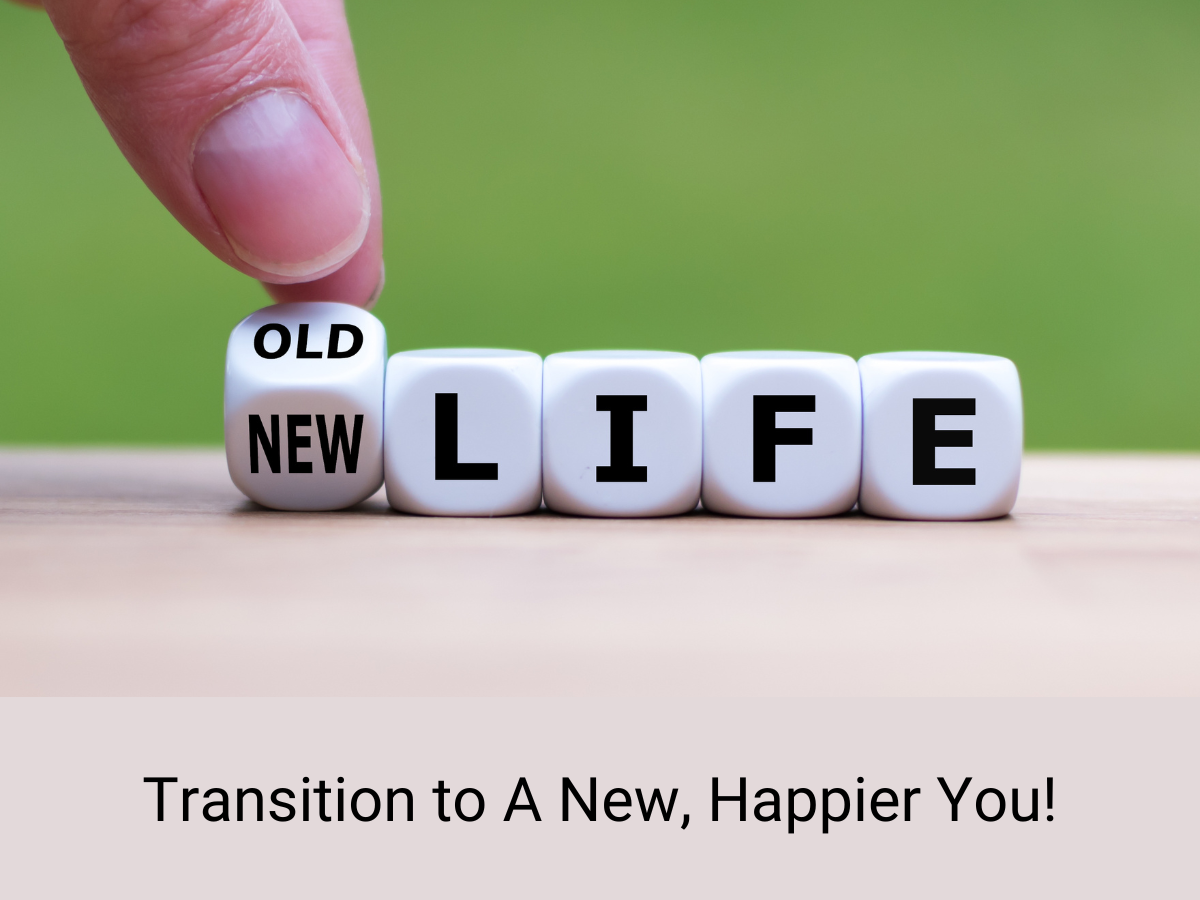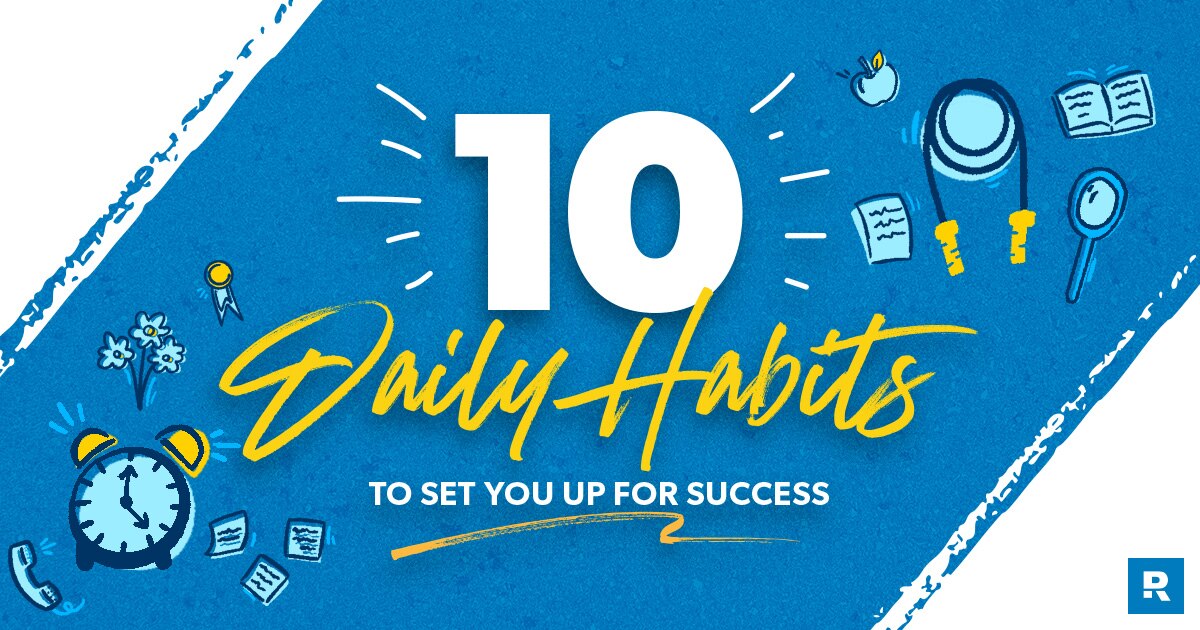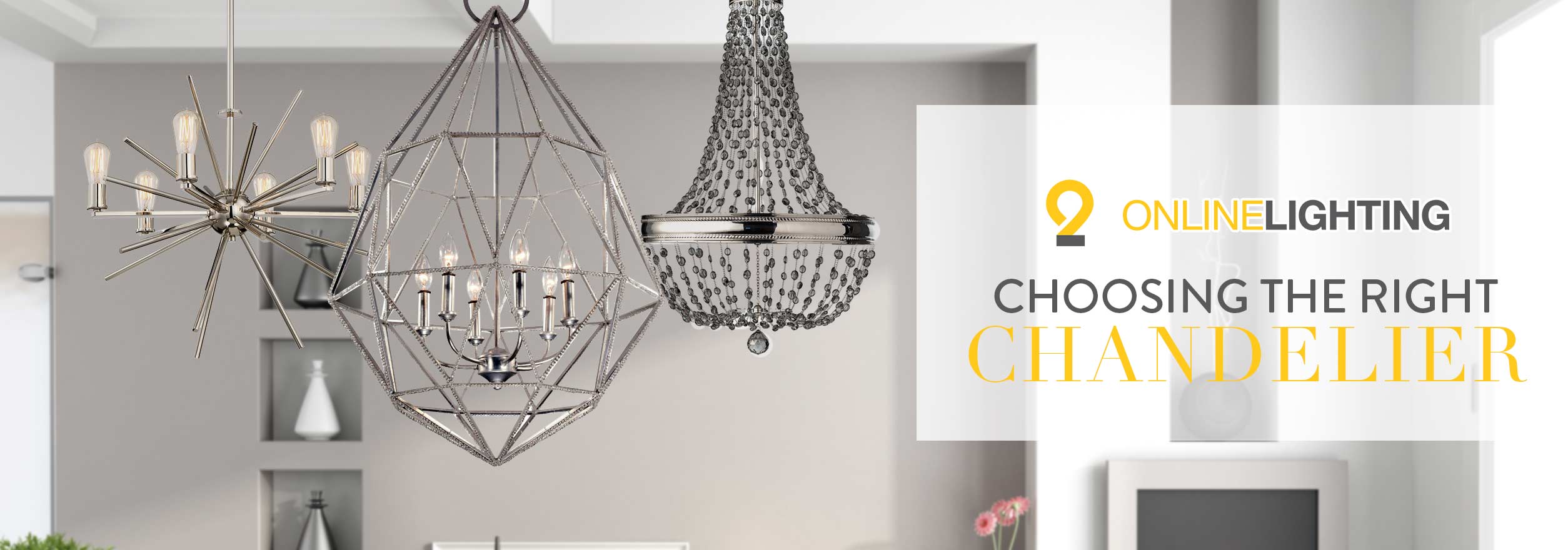One thing we’ve touched on briefly that deserves a little more attention, is the actual impact that a goal can have on your lifestyle.
Because very often, the old adage ‘be careful what you wish for’ can end up coming into play here. All too often, the goals we set ourselves don’t turn out quite the way we want them to.
All too often, the actual day-to-day work that is involved with being a CEO, with being a rock star, or with being a stay-at-home Mum can end up not being everything we believed it to be.
And even when that’s not the case, having such a big and important goal is always going to be change to your lifestyle and it’s always going to be a little hard to adapt to at first.
This is where ‘lifestyle design’ comes in…
What is Lifestyle Design
Lifestyle design means, simply, that you are adapting your lifestyle to meet your needs and to be closer to what it needs to be to make you happy.
All too often, we allow our careers to dictate our entire lives. That is to say that our wealth is defined by our income from our job. We live wherever our employment is located. And we fit our ‘free hours’ in around our working hours.
Our happiness ends up entirely dictated to us by our work!
And as you can probably guess, I’m about to tell you that this is not what your life should be like!
This is where lifestyle design comes in and means working backward. Instead of choosing a job and thinking about how that’s going to impact your lifestyle, instead you think of the lifestyle you want and then find the job to make that happen.
The ultimate example of this is to work online. When you work online, you can work from anywhere. You can work any time that suits you and you can do any job that you like as well. This is complete freedom. Now you can choose to put in the hours you need to earnt he funds you require and you can use the rest of the time to do whatever you like!
But what if working online isn’t an option?
In that case, you might surprise yourself by what is the best answer. For example, it might transpire that you are actually better off working as a dustbin collector. That way, you’ll work for only a few hours a day and you’ll have long evenings to yourself.
If your goal is to be a family man or woman, then maybe working as a teacher is the perfect answer? That way, you’ll come home roughly when school finishes and you’ll have the holidays off to spend with your kids.
If you want to travel, then find a job that sends you around the world, or that lets you work remotely.
Likewise, lifestyle design can mean other things. It might mean cutting down on the time you spend commuting by moving closer to work. It might mean moving closer to friends so you can spend more time with them.
It’s simple: think of what you really want out of life and then make the changes necessary. Stop letting work dictate who you’re going to be and how you’re going to spend your time. Not unless work happens to be your driving passion.
Lifestyle Changes On How to Stop Addictive Habits Most of the time, addictions develop because of some lifestyle habits that can trigger you to do things that you are not supposed to do in the first place. The journey to stopping your addictions will require you to change your life for the better and when it comes to changing your life, you also need to develop different lifestyle habits to help you combat your addictions. These lifestyle changes might look simple but they can be of great help for your addiction to be completely flushed out of your system.
Lifestyle Changes for a Better You
The benefits of lifestyle changes, like getting enough rest, changing your diet, exercising and learning how to manage your stress, have long been known to help in improving your physical health. But do you know that these lifestyle changes can also greatly improve your mental health? According to experts, these lifestyle changes help reduce stress and anxiety, boost your mood and improve your overall well being, all of which can do wonders for you to completely get rid of your bad habits. Lifestyle changes, though they may look simple, are actually powerful tools to treat your addictions.
Dietary Changes
You need to follow a diet that is rich in whole grains and low in saturated fats. Fresh vegetables and fruits are also essential to reduce the risks of diabetes, obesity, heart disease as well as other physical health issues. Foods that have high content of omega 3 fatty acids are also discovered to improve memory and learning in adults aside from reducing symptoms of mood disorders and depression. By eating healthy foods, both your body and mind will be in good condition, which will help for you to be free of any negative emotions and sicknesses that can cause depression, which happens to be one of the reasons why some people become addicted to substances and bad habits.
Get Enough Sleep
Sleep has a very strong effect on a person’s mood. When you feel depressed and do not get adequate sleep, your symptoms of depression can become worse. Fatigue, sadness, moodiness and irritability are also caused by sleep deprivation. See to it that you always get enough sleep every night so that all your body systems will function properly.
Stress Management/Relaxation
A little stress is okay but when it is too much, you know that you are in for some trouble. Practice useful relaxation and meditation techniques that can help lower your stress levels, reduce anxiety and help you unwind.
Exercise
With regular exercise, you can stay both physically and mentally fit. This will help improve your mood and help you sleep and increase your strength and energy. During an exercise, your body releases endorphins to your bloodstream that serve as natural pain killers. Endorphins can improve your mood, making you feel good about yourself and the world around you. Exercise also lessens the level of cortisol, or the depression or stress hormone in your bloodstream. All of these lifestyle changes are simple but can really go a long way for you to stop your bad habits in more ways than one.
Discover more from Personal Blog of Richard Tong
Subscribe to get the latest posts sent to your email.






I cannot thank you enough for the blog post.Much thanks again.Loading…
academicwriters – write research paper for me assignment writing services
excellent publish, very informative. I ponder why the other experts of this sector don’t notice this.You must proceed your writing. I am sure, you’ve a great readers’ base already!
the same out of date rehashed material. Fantastic read!
Really informative article post.Thanks Again.
Thank you ever so for you article post.Really looking forward to read more. Really Cool.
Thank you for your article. Keep writing.